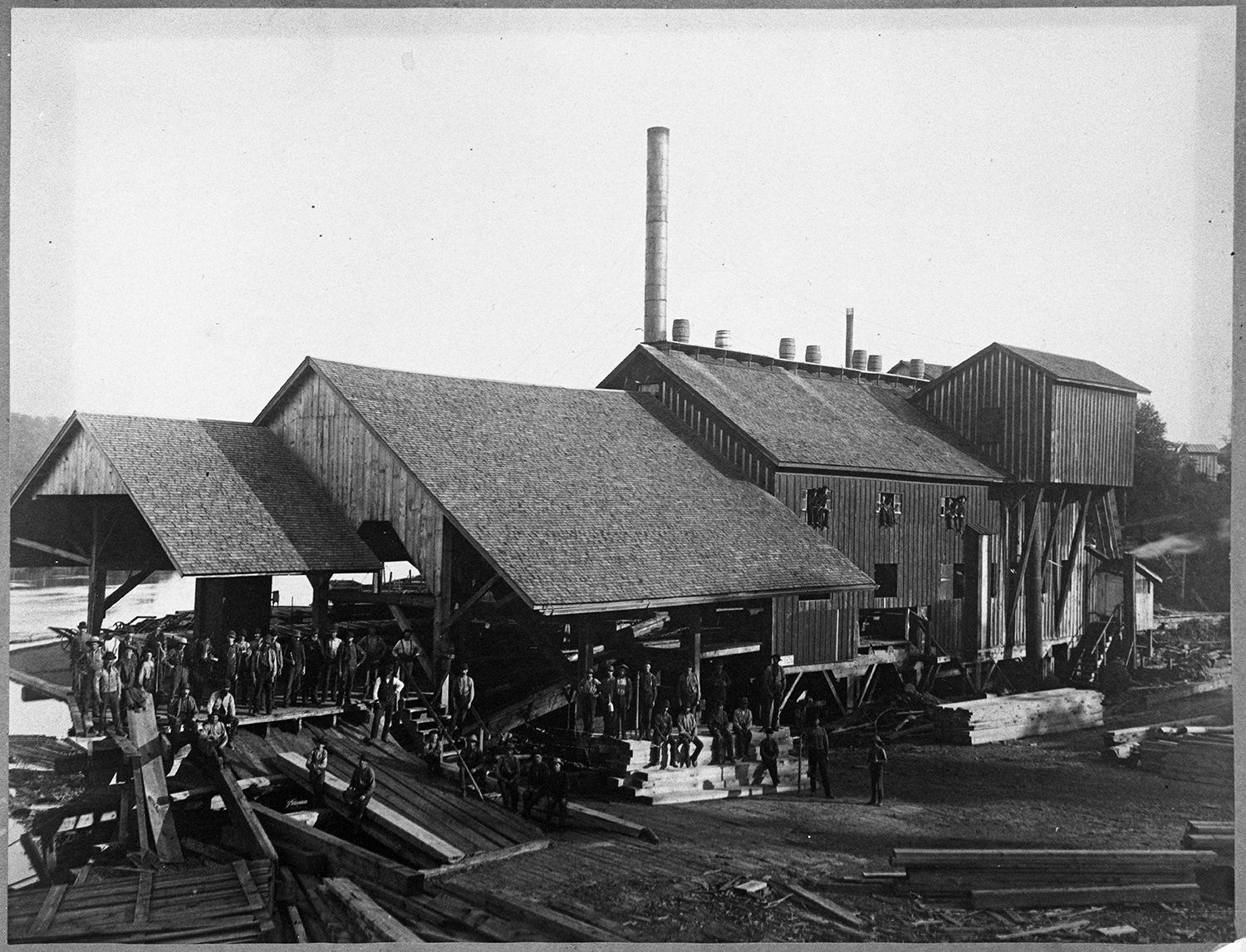About Our School
What is a folk school?
The folk school tradition traces its origins to Scandinavian countries, with NFS Grundtvig of Denmark coining the term 'schools for life' as part of his philosophy of education, and of his vision for strengthening and empowering communities. Our folk school focuses on an unplugged, deliberate approach, with an emphasis on intergenerational learning that is fun, collaborative and restorative.
Our Board

From left: Matt Smith, Julie McGarvie, Nanc MacLeslie, Robin Brooksbank (Marine Mills Folk School Founder and Board Chair), Andy Wallace, Kathy Marker, Greig Tennis, Christa Getchell. Not pictured: Jenni Corbett, Molly Sanford.
Robin Brooksbank, Board Chair. Community volunteer, former city council member and board member for a variety of nonprofits, retired co-owner of manufacturing company.
Christa Getchell. Recently transitioned from a fulfilling professional career of 40+ years in the non-profit arena to spending time with family, friends, and community.
Nanc MacLeslie, Secretary. On the founding Board of Marine Community Library, professional skills in marketing and communications, singer and musician who has often performed for local non-profit benefits.
Kathy Marker. Retired YMCA Day Camp Project Manager and Director of Volunteers; long-time community volunteer.
Julie McGarvie. Returned to the area as an adult after growing up in Chisago County. Always interested in the arts, professionally she has focused on strategic communications and creative production for arts and cultural organizations.
Matthew Smith. Local resident and volunteer, retired County Manager of Dakota County. Prior roles include Commissioner, Minnesota Department of Revenue, and Director of Finance, City of St. Paul.
Greig Tennis. Retired attorney having maintained a local private practice for 36 years. A musician who enjoys playing bass and teaching African hand drumming for MMFS.
Andy Wallace, Treasurer. Owner of construction company for 20+ years, long-time local volunteer for a variety of organizations.
Reports and Forms
990 Forms
Our Shared Stories

History of Marine Mills
Founded in 1839, Marine Mills was the site of the first commercial sawmill in what would become the state of Minnesota. As lumbering became less of a dominant economic force, Twin Cities residents became increasingly interested in the area for its natural beauty and access to the St. Croix River. In an effort to emphasize the area's pastoral beauty, the city name was changed to 'Marine on St. Croix' in 1912, as 'Marine Mills' was felt to be too industrial.
